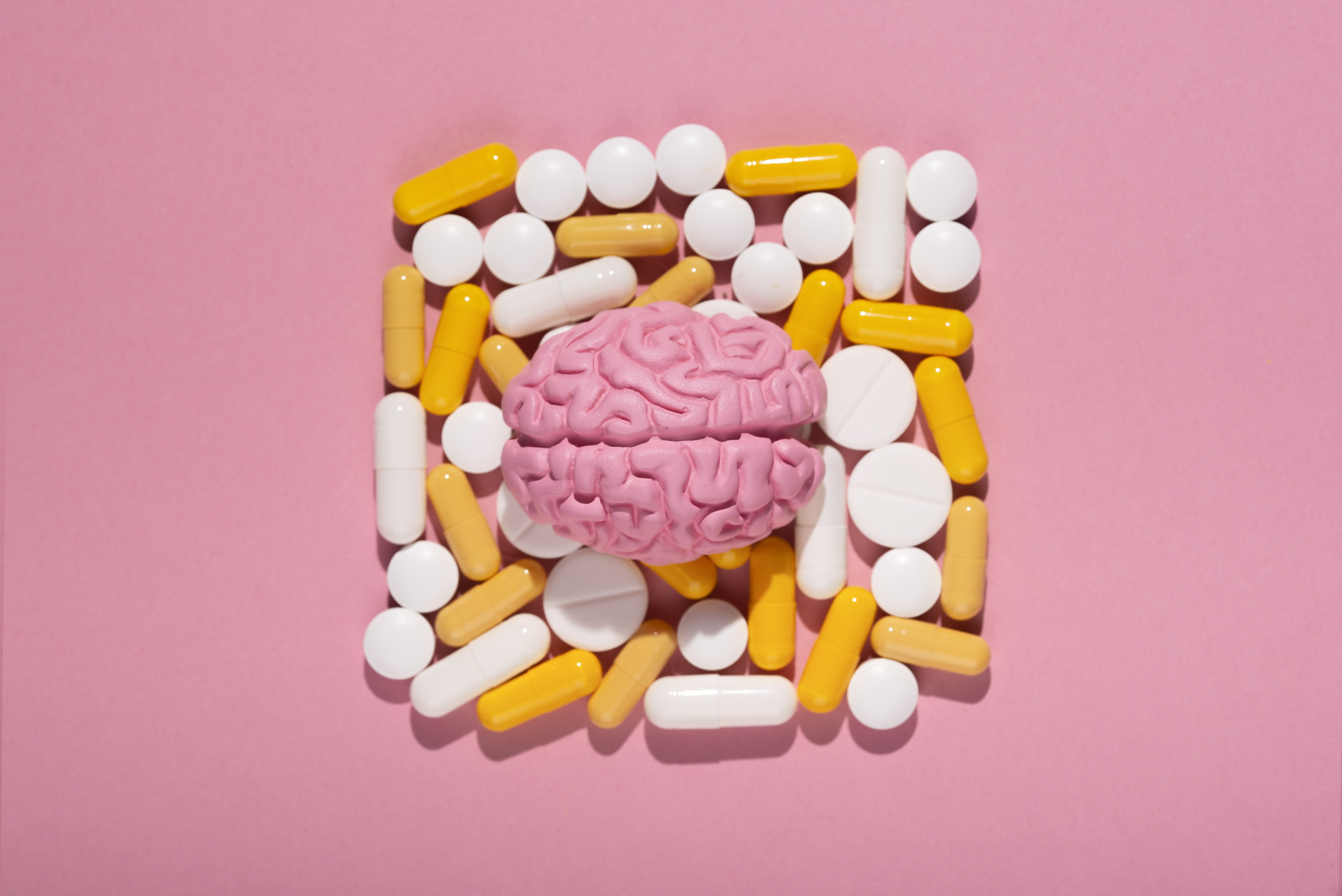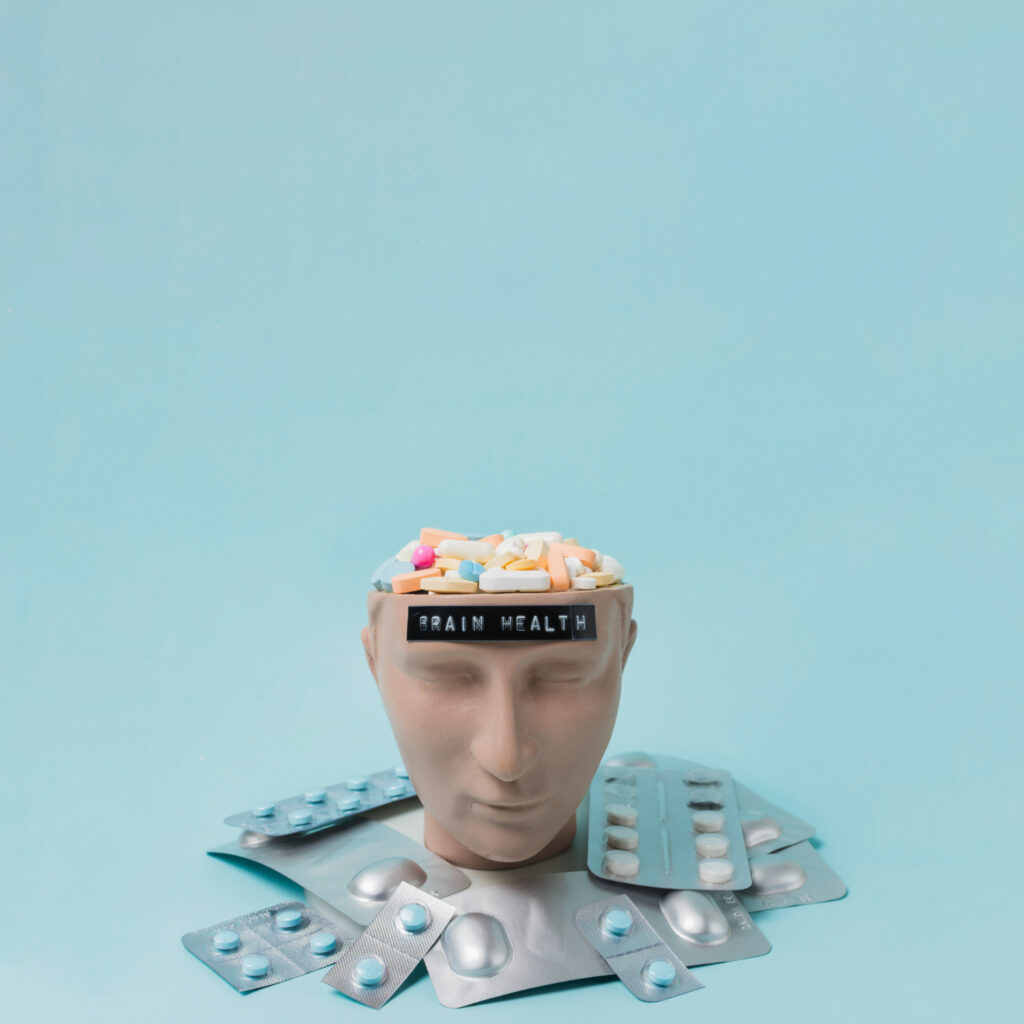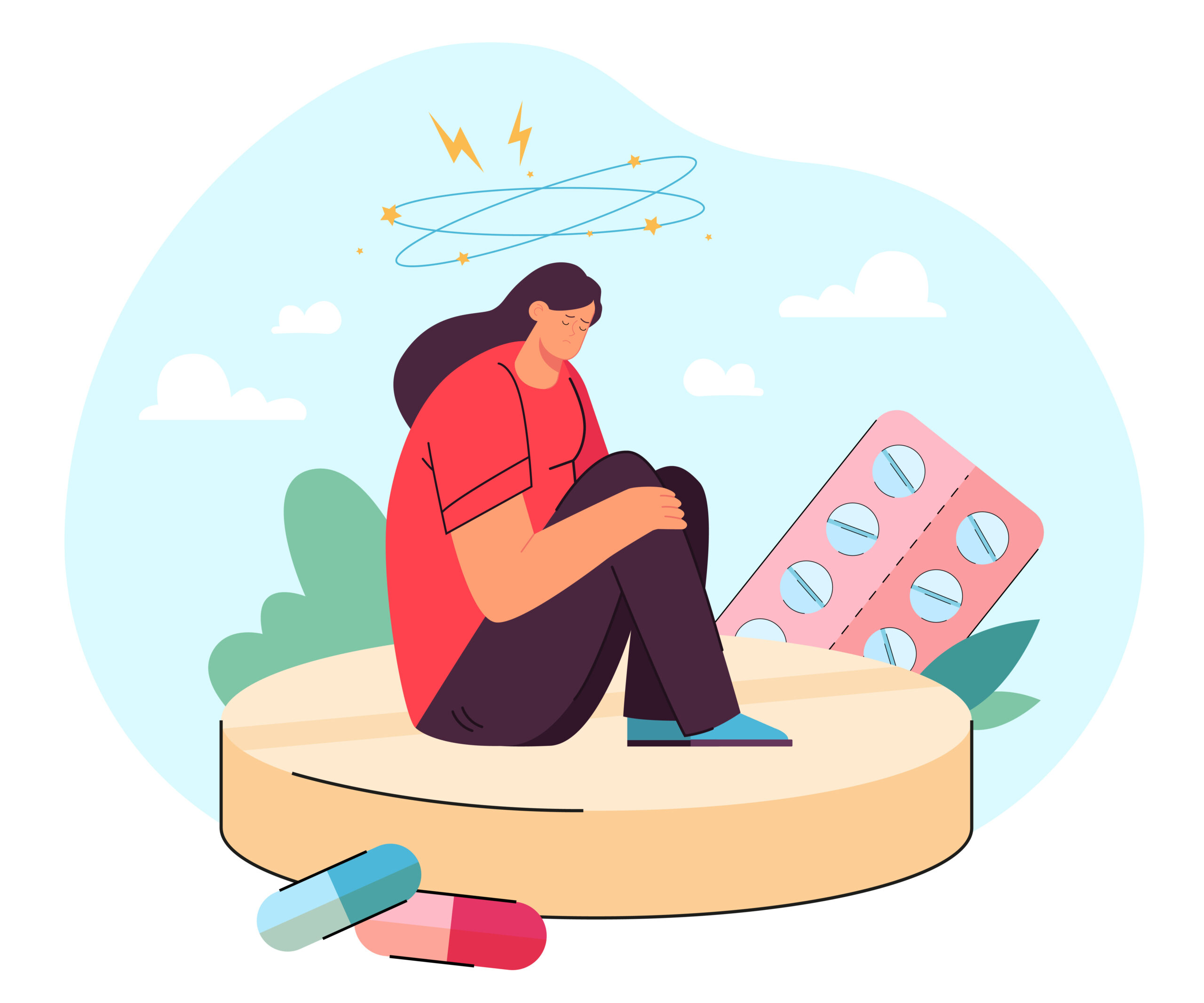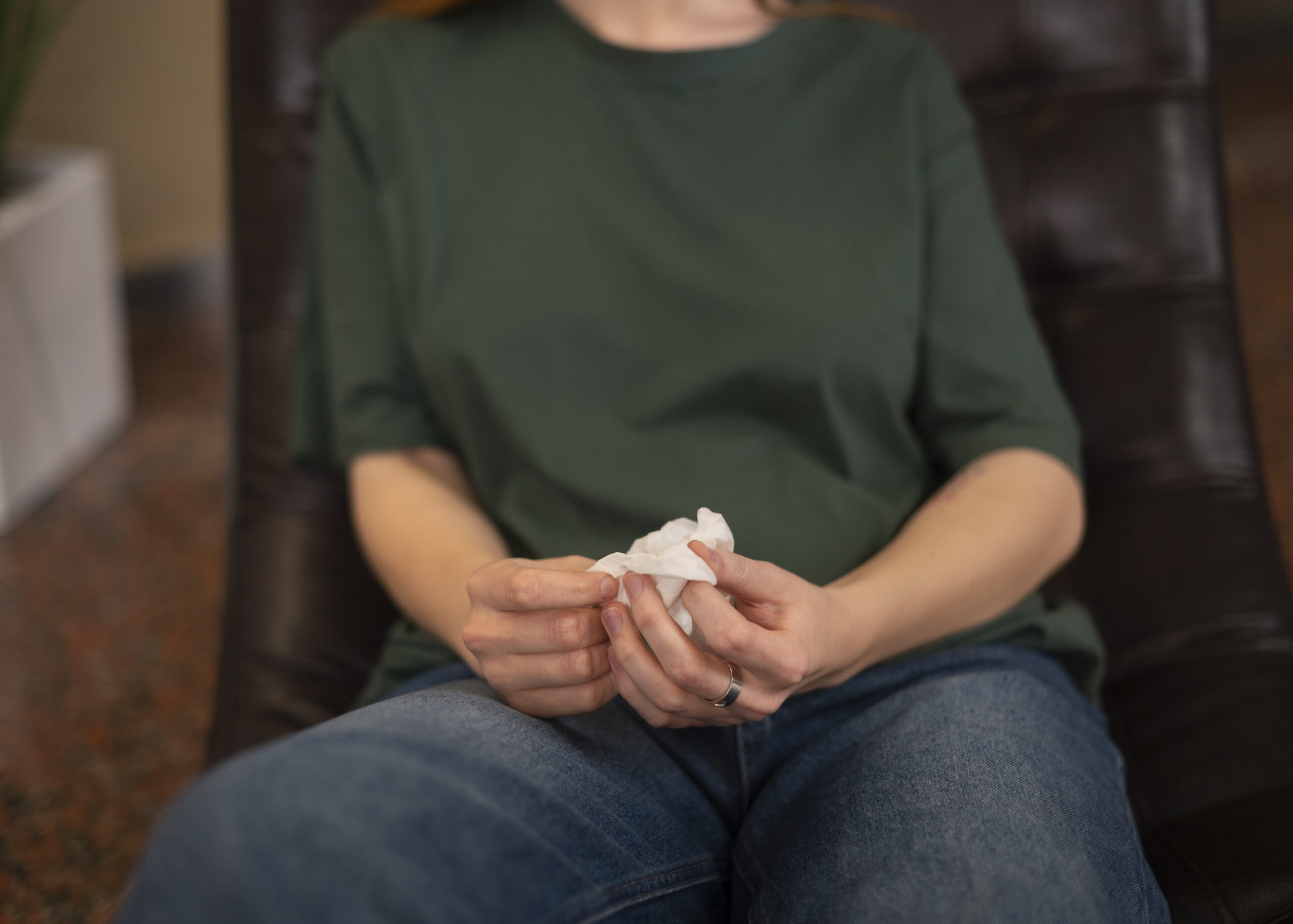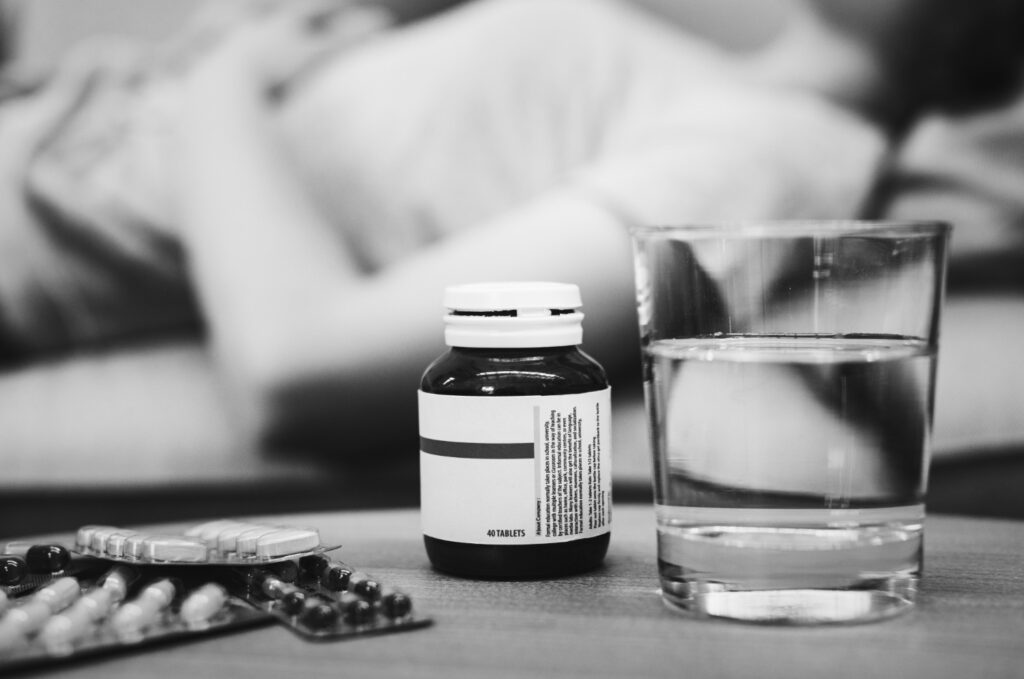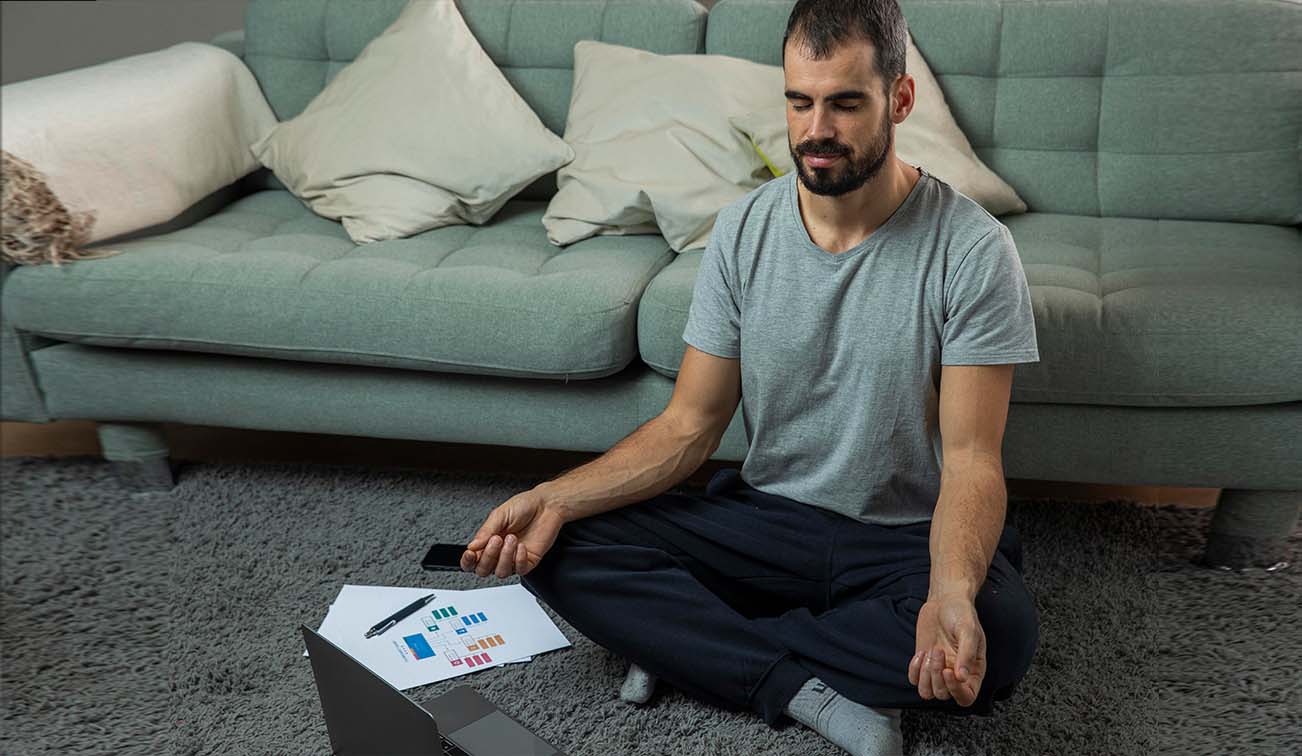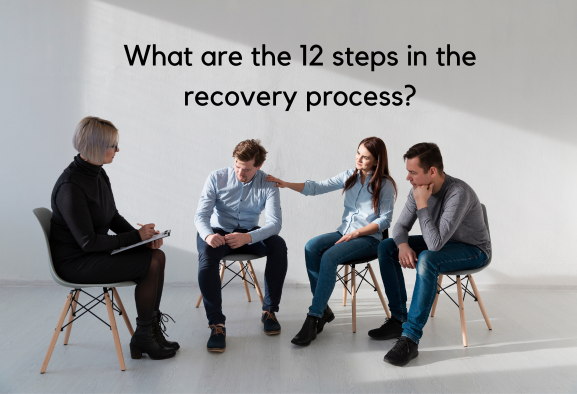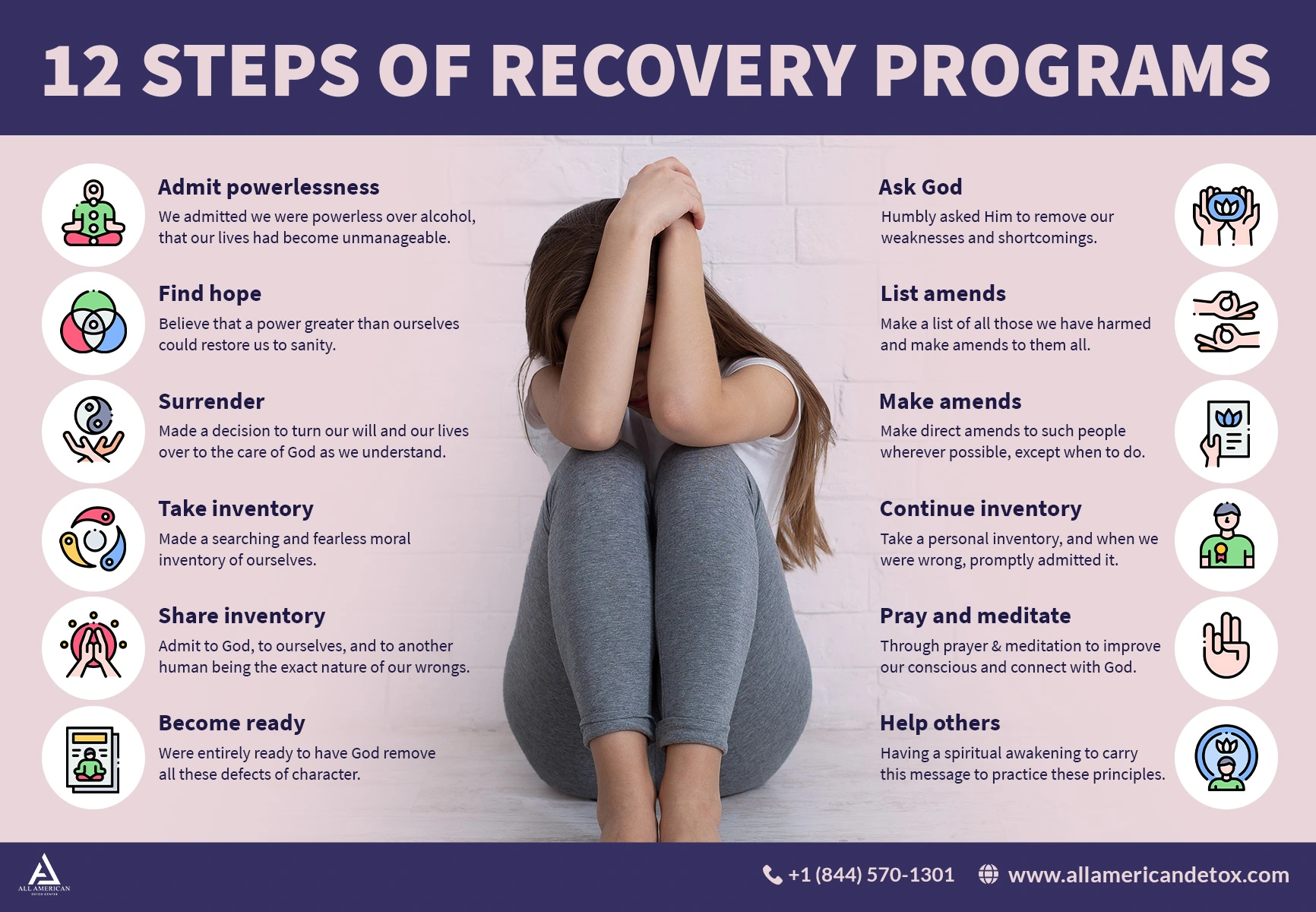In the bustling streets of Los Angeles, amidst the glitz and glamour, lies a silent struggle that often goes unnoticed—the battle against addiction. Substance abuse doesn’t discriminate; it affects people from all walks of life, regardless of age, gender, or social status. However, in a city known for its fast-paced lifestyle and relentless pursuit of success, seeking help for addiction can feel like an insurmountable challenge. That’s where All American Detox steps in, offering a beacon of hope and a pathway to recovery for those in need.
Understanding the Importance of Seeking Help
The decision to seek help for addiction is one of the most crucial steps on the journey to recovery. Yet, it’s often hindered by stigma, fear, and a sense of isolation. Many individuals struggling with addiction hesitate to reach out for assistance due to concerns about judgment or the misconception that they should be able to overcome their addiction on their own.
However, addiction is a complex and multifaceted disease that often requires professional intervention and support In Los Angeles. Seeking help is not a sign of weakness but rather a courageous act of self-care and empowerment. It signifies a willingness to confront the issue head-on and take the necessary steps towards healing and transformation.
In Los Angeles, where the pressures of success and the allure of nightlife can exacerbate addictive behaviors, the importance of seeking help cannot be overstated. All American Detox understands the unique challenges faced by individuals in this vibrant city and provides specialized care tailored to meet their needs.
Breaking the Stigma: All American Detox’s Approach to Treatment
At All American Detox, the journey to recovery begins with breaking down the barriers of stigma and shame that often surround addiction. By fostering a safe and nonjudgmental environment, they create a space where individuals feel empowered to seek help without fear of reprisal or condemnation.
Their approach to treatment is holistic, addressing not only the physical aspects of addiction but also the underlying psychological and emotional factors that contribute to substance abuse. Through a combination of evidence-based therapies, personalized treatment plans, and compassionate support, they guide individuals towards lasting recovery and renewed purpose.
One of the cornerstones of All American Detox’s approach is their emphasis on detoxification as the first step towards healing. Detox can be a daunting prospect for many individuals, as the withdrawal symptoms can be intense and overwhelming. However, under the care of their experienced medical team, clients undergo detox in a safe and comfortable environment, with around-the-clock supervision and support.
Empowering Individuals to Take Control of Their Lives
Recovery is a deeply personal journey, and All American Detox recognizes that there is no one-size-fits-all approach. Instead, they work closely with each client to develop a customized treatment plan that addresses their unique needs, preferences, and goals. Whether it’s through individual therapy, group counseling, or experiential activities, they provide a range of therapeutic modalities to support the journey to sobriety.
Furthermore, All American Detox places a strong emphasis on empowering individuals to take control of their lives and become active participants in their recovery process. Through education, skill-building exercises, and relapse prevention strategies, clients learn valuable tools and techniques to navigate life’s challenges without resorting to substance abuse.
In addition to their clinical services, All American Detox offers a variety of holistic therapies designed to promote overall well-being and balance. From yoga and meditation to art therapy and nutritional counseling, these complementary approaches help clients reconnect with their bodies, minds, and spirits on the path to healing.

Creating a Supportive Community for Lasting Change
One of the key factors in long-term recovery is the presence of a strong support system. All American Detox recognizes the importance of community and provides ongoing support to clients even after they complete their treatment program. Through alumni events, support groups, and mentorship programs, they create a network of peers who understand and empathize with the challenges of addiction recovery.
Moreover, All American Detox actively collaborates with local organizations, healthcare providers, and community resources to ensure that clients have access to comprehensive support services beyond their time in treatment. By forging partnerships and fostering a sense of belonging, they help individuals build the resilience and social connections needed to thrive in recovery.
FAQ’s
1. I know I have a problem, but I’m scared to seek help. What should I do?
It’s completely normal to feel apprehensive about starting recovery. Remember, addiction is a disease, and seeking help is a sign of strength. All American Detox offers a safe, confidential environment with caring professionals to guide you through the detox process.
2. What are the benefits of seeking help for addiction in Los Angeles?
Los Angeles has a vast network of resources for addiction recovery. Seeking help allows you to access medical detox programs, therapy, support groups, and aftercare planning – all crucial for long-term success.
3. What happens during detox?
Detoxification is the initial stage of recovery where your body safely removes toxins from addictive substances. All American Detox offers medically-supervised detox to ensure your comfort and well-being.
4. What kind of therapy is available for addiction recovery?
Many therapy options exist for addiction, including individual therapy, group therapy, and cognitive-behavioral therapy (CBT). All American Detox can help you find the right therapy program to address your unique needs.
5. How important are support groups in recovery?
Support groups connect you with others who understand the challenges of addiction. Sharing experiences and offering encouragement can be a powerful tool for staying motivated and relapse prevention.
6. What happens after detox?
Detox is just the first step. All American Detox can help you transition into a long-term recovery program to solidify the positive changes you’ve made. This may include inpatient/outpatient rehab, sober living housing, and relapse prevention planning.
7. How can I afford addiction treatment in Los Angeles?
Many insurance plans cover addiction treatment. All American Detox can verify your insurance and work with you to develop a personalized plan that fits your budget.
8. What if I don’t have insurance?
There are still options available. All American Detox offers flexible payment plans and can connect you with resources to explore financial assistance programs.
9. Is recovery confidential?
Confidentiality is a priority at All American Detox. Your treatment information is protected by HIPAA privacy laws.
Taking the First Step Towards Healing
For those struggling with addiction in Los Angeles, the journey to recovery can seem daunting, but it is not one that has to be traveled alone. All American Detox offers a lifeline for individuals in need, guiding them towards a brighter future free from the chains of addiction.
If you or someone you love is ready to take the first step towards healing, don’t hesitate to reach out for help. With All American Detox by your side, you can embark on a journey of transformation, reclaiming your life and rediscovering hope, health, and happiness.




